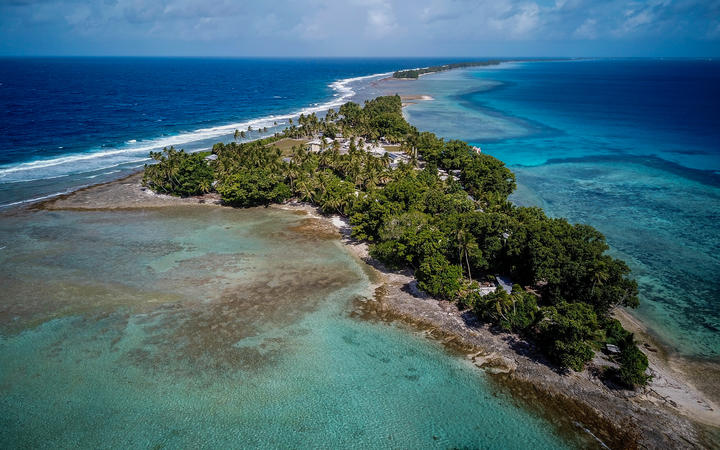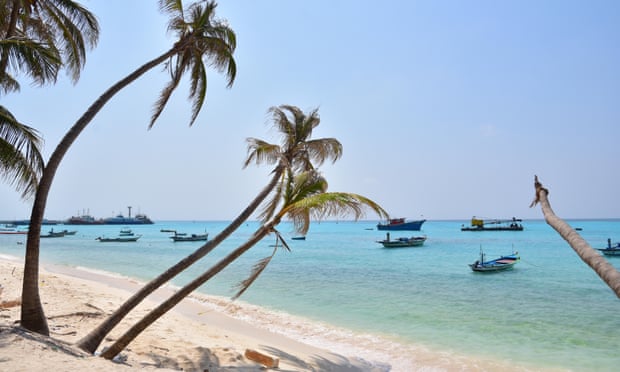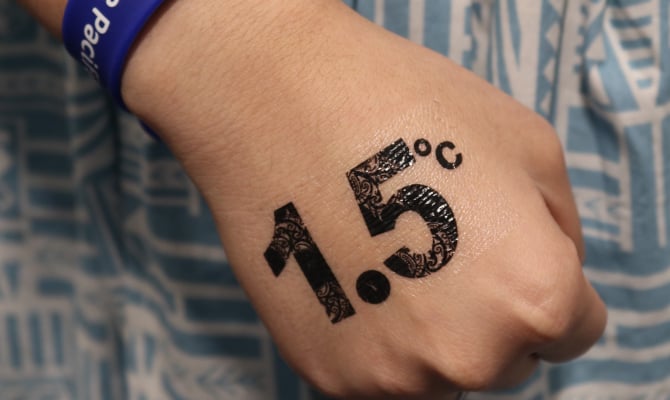Much more international aid is needed to tackle climate change in small island states, says Tuvalu’s Finance Minister
The Pacific Islands Forum is asking if financing to combat climate change is on the right track.
Last week it held a virtual talanoa, aided by the United Nations Development Programme and the United Kingdom Government, to determine whether changes are needed to achieve the adaptation and mitigation goals.
It was timed to ensure the views of the Pacific can be fed into the COP26 climate summit in Glasgow in November.
One speaker, Tuvalu’s Finance Minister Seve Paeniu, said much more international aid is needed to tackle climate change in small island states.
Paeniu said Tuvalu is grateful for the US$36 million it has received through the Green Climate Fund, but there is a still a massive shortfall.
“It is quite clear that the majority of climate finance mobilised has not been translated into real benefits for vulnerable communities. It is therefore imperative that a greater portion of climate finance is devoted to protecting the most vulnerable from the escalating impacts of climate change,” he said.
He said Tuvalu needs more than US$300 million for coastal protection alone.
The Secretary General of the Forum said foreign aid donors need to work out their priorities in the Pacific.
Henry Puna said Forum figures show that less than a tenth of the aid flow into the Pacific since 2010 has been allocated to dealing with the impact of climate change.
He said “based on these figures several questions come to mind. First where do the development priorities lie? Second, how can climate priorities be mainstreamed into development, and thirdly, what needs to change for the region to maximise the effectiveness of climate financing.”
Britain is hosting COP26 and wants to make sure the money spent combating climate change is used more effectively.
Britain’s Pacific development director based in Suva, Jean-Paul Penrose, says there is clearly a need for much more money, and he wants to know how these additional funds be unlocked.
Jean-Paul Penrose says OECD figures show just nine percent of official development assistance is labelled climate financing.
“This does beg the question what is happening to the other 91 percent? To what extent is that helping to tackle climate change adaptation and mitigation? And we need to think about unlocking the full breadth and potential of development assistance, but equally of other sources of finance – domestic revenues, international finance and the private sector,” he said
Penrose said a focus for Britain as hosts will be to get western nations to fulfil their commitments made in Paris to provide US$100 billion for the Green Climate Fund.
To date only about a half of that money has been made available.
This story was produced by Don Wiseman, published at RNZ Pacific on 14 September 2021, reposted via PACNEWS.




